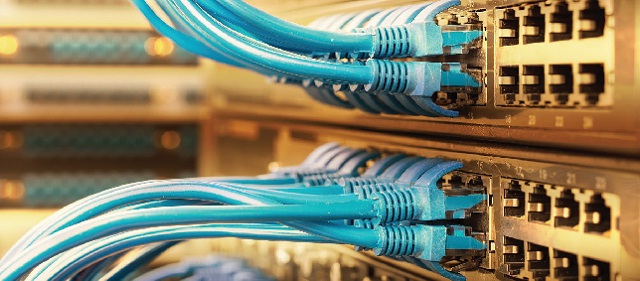
Harare, Zimbabwe | AFP | Zimbabwe on Friday imposed a “total shutdown” of the internet as international criticism mounted over a ruthless security crackdown after anti-government protests.
Police and soldiers have been accused of indiscriminately dragging people from their homes and beating them.
Hundreds of people have been arrested and doctors say they have treated scores of victims with serious gunshot injuries.
The United Nations on Friday urged Harare to “stop the crackdown” on protesters, with its human rights office voicing alarm over the security forces’ “excessive use of force” which included reports of them using live ammunition.
And it urged Zimbabwe’s government “to find ways of engaging with the population about their legitimate grievances”.
Nationwide demonstrations erupted on Monday after President Emmerson Mnangagwa said fuel prices would double in a country which suffers regular shortages of banknotes, fuel, food and medicine.
“We were served with another directive for the total shutdown of the internet until further notice,” said Zimbabwe’s biggest mobile operator, Econet, in a text message sent on Friday.
The internet was first cut on Tuesday.
– ‘Communications blackout’ –
MDC, the main opposition party, accused the government of trying to suppress information about the security operation, in which between five and 16 people have been killed, activists say.
Accusing the government of “wanton violence”, the party warned that the authorities were “planning on further gross human rights violations under the cover of the communications blackout”.
Mnangagwa, who succeeded ousted authoritarian president Robert Mugabe in 2017, had promised a fresh start for Zimbabwe after decades of repression and economic decline.
But his election victory in July was tainted by accusations of fraud, and hopes for a new chapter were dashed when troops opened fire on protesters in Harare, killing several, even before the results were announced.
– ‘Disproportionate force’ –
The EU on Thursday joined the US and Britain in criticising the authorities’ response to the latest protests.
“The escalation of violence in Zimbabwe over recent days has been aggravated by the disproportionate use of force by security personnel,” European Commission spokeswoman Maja Kocijancic said in a statement.
“The shutdown of access to the internet should also be reversed.”
The US embassy in Harare said it was “alarmed by credible reports that security forces are targeting and beating political activists and labour leaders”.
Leading activist Evan Mawarire returned to court on Friday on charges of subverting the government and inciting violence, apparently after backing this week’s national strike on social media.
“I can’t tell you how disappointing it is. We thought we had a new country and a new way of doing things,” he said on Thursday.
Mnangagwa — Mugabe’s former deputy — has vowed to revive the country’s shattered economy by attracting foreign investment, but shortages have recently worsened.
He is on an overseas investment tour that started in Russia and will end with him mixing with world leaders at the Davos summit in Switzerland next week.
The president, 76, told state broadcaster ZBC, that no leader could “have their security (forces) go to sleep when shops are being looted”.
– Economic crisis –
On Thursday, the government said inflation had risen to 40 percent — its highest rate since hyperinflation wrecked the economy 10 years ago and the country adopted the US dollar as its currency.
For months, long queues lasting hours or even days have formed outside petrol stations and banks, where both fuel and cash are rationed.
With US dollar notes scarce, Zimbabweans are forced to withdraw “bond notes” — supposedly equal to US dollars but worth far less in reality.
Mugabe, now 94, ruled Zimbabwe for 37 years from independence from Britain until he was ousted in November 2017.
The military, fearing that his wife Grace was being lined up to succeed him, seized control and forced him to resign before ushering Mnangagwa to power.
 The Independent Uganda: You get the Truth we Pay the Price
The Independent Uganda: You get the Truth we Pay the Price



